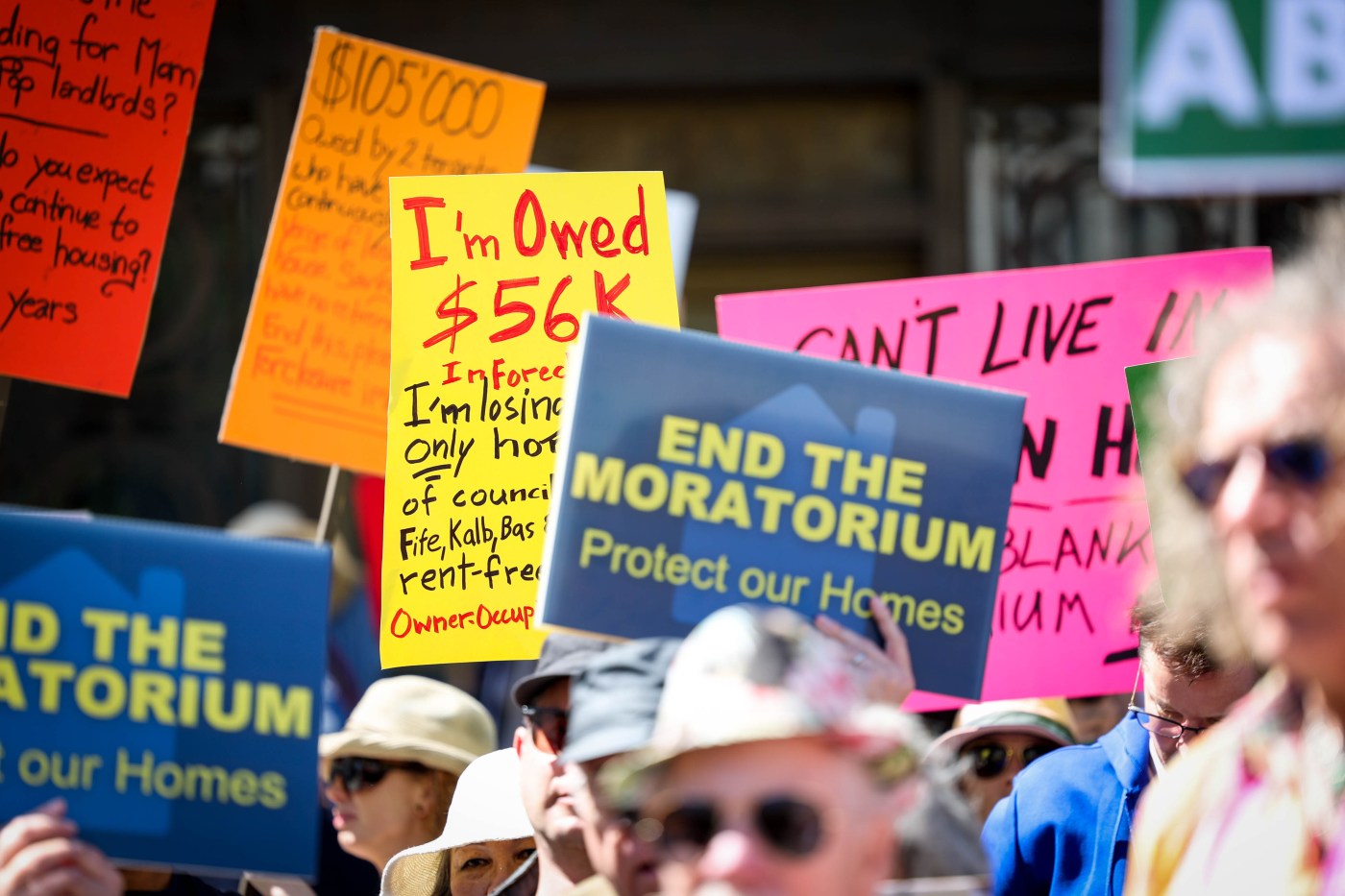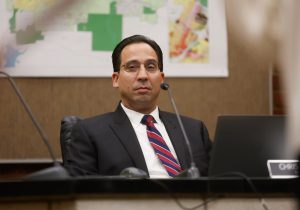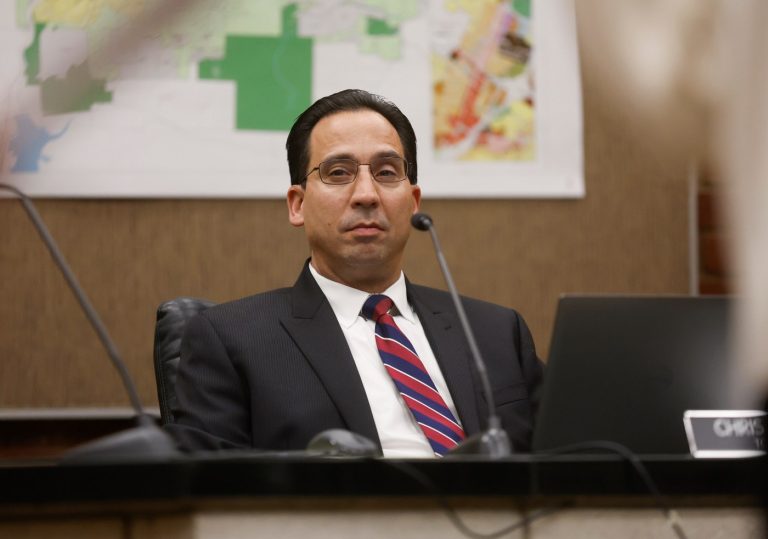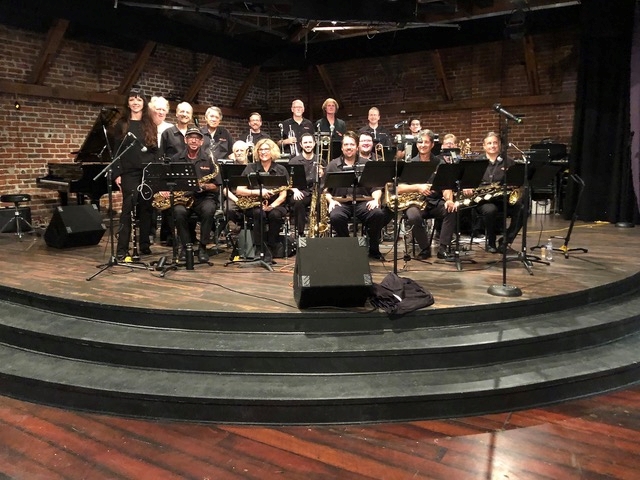A federal judge this week dismissed two lawsuits claiming that COVID-19 eviction bans imposed by Alameda County and Oakland violated landlords’ property rights.
On Tuesday, United States Magistrate Judge Laurel Beeler ruled the now-expired emergency eviction moratoriums — two of the longest-lasting anywhere in the state — did not constitute an illegal “physical taking” of landlords’ property or violate their right to due process.
In an earlier ruling, Beeler wrote that the plaintiffs had failed to meet “their burden to show that the ordinances were an unreasonable response to a legitimate public problem.”
But she left the door open for landlords to refile part of the case and seek compensation for financial losses they may have suffered because of the extended bans.
Landlords filed the suit in 2022, two years into the pandemic, to end the moratoriums and recoup damages. They claimed the bans, which prohibited most evictions countywide, had outlived their purpose and were ruining the livelihoods of many mom-and-pop rental owners. State and local rental assistance programs were available to cover tenants’ unpaid rent, but not all landlords received full payment.
East Bay landlord groups held rallies and flooded public meetings to pressure the county and city to lift the bans. One landlord even went on a short-lived hunger strike.
Local officials and tenant advocates, meanwhile, argued that the protections were necessary to keep low-income tenants in their homes amid the economic upheaval of the pandemic. Alameda County eventually lifted its moratorium in April 2023, and Oakland’s ban sunset a few months later in July.
Emily Brough, an attorney for landlords in one of the cases, said her clients plan to file an amended complaint with additional details to demonstrate their financial losses and support their arguments.
Related Articles
Gov. Newsom vetoes controversial housing bill meant to help undocumented immigrants
Walters: California’s economy lags behind other states — here’s why it’s so sluggish
Can AI help solve homelessness? Gov. Newsom thinks so
San Jose to build its first safe sleeping site
Tiny homes housing vs. jail diversion sparks a fresh round of neighborhood outrage in San Jose
An attorney representing other plaintiffs in the suits, Chris Skinnell, said they were still deciding how to move forward. “Needless to say, we are disappointed in the ruling and believe it is mistaken,” he said in an email.
The cases were not class action suits. Should landlords refile one or both of the cases and win, it’s unclear whether that could convince more rental owners to sue.
In a statement, Oakland City Attorney Barbara Parker said her office would “vigorously defend” its position “if the plaintiffs attempt to revive the single claim the court said they could attempt to raise again if they can provide more details.”
County officials did not respond to a request for comment.
In her ruling, Beeler also dismissed two landlord groups — the California Apartment Association and Oakland-based Housing Providers of America — from the cases. She wrote the groups no longer had standing in the cases since the moratoriums ended, ruling that only the individual landlords could pursue monetary damages.












